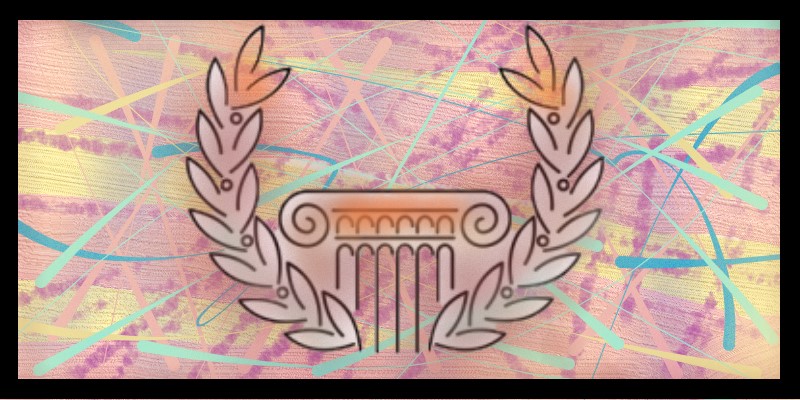Acts Of Change In The Nigerian Media

The activity of the Nigerian media is not different from the natural activities of humans. Humans are born to be free. This is why the slave trade, even as one of the most prosperous businesses in history, was abolished. Over the years, several situations have tried to limit human activities and freedom, yet again we conquered. The latest are the limitations of freedom of speech and expression.
Why The Need For Media?
As an inborn right of man, the need to express our emotions is demonstrated right from the time we take our first breath. An example is a baby’s crying the moment he or she is born: this is a demonstration of inconvenience. We see this act carried on in our growth where speak up when we find a situation uncomfortable.
We seek a bigger platform to express our yearnings when believe we have not been heard. Over the years, the media have become our bigger platform.
Before the government decided to legalize our inborn right to express our opinions and seek information, the media had created a platform for everyone to equally get information and express their opinions. This was even before the B.C. (Before Christ); back then, the print media was actively involved.
Media In Nigeria

Fast forward to Nigeria in the late 20th century, our right to the freedom of expression and speech was legally protected in the 1999 constitution. Our freedom to seek information (Freedom of Information) was signed into law in the year 2010.
Of both rights legalized, the majority of Nigerians are dependent on media to help them seek the information they need to know. They rely on media to express their needs, and discomfort to the public and the government especially. This is why censorship of the media in a democratic nation equals censorship of the people.
Change In The Media
Over the past five years, freedom for the Nigerian media has been questioned in different ways. Many media organizations and journalists have been oppressed in the act of duty, for seeking or disseminating information.
An example of this was the oppression in which the popular TV station African Independent Nation and Raypower Fm were temporarily shut down by the government. It was alleged that the station was posting uncensored and unedited information on their social media pages.
Although the decision was overruled by the Nigerian Judicial system, the act alone stood as a message to other media houses, inciting fear in the hearts of courageous personnel.
Recent Development Across The Media
There have been many other acts that resounded censorship in the Nigerian medium across all the media. One of the recent acts still resonates in our daily activity, which is the Twitter ban.
Although the media have represented the citizens over the years in the act of seeking information, this ban hits differently as it does not target the media only but every citizen of the nation. This equates to censoring our ability to seek and disseminate information.
The ban of the social microblogging app is not the only method the present government has sought to limit our ability to express our rights, but it has been the most successful so far. There have been proposed laws like “the Hate speech law”, which proposed the death penalty.
Proposed Bills For Censorship
Recently, it was proposed by the Minister of Information Lai Mohammed that the National Broadcasting Commission Act should be amended and censored, including the various social media platform.
These actions are signals that we are sitting on a time bomb. Although they might seem subtle and many Nigerians might seem unbothered about the situation, but lest we forget. Many fought for our present freedom, many died for us to have the ability to speak our mind, we should not let it slip away like dust.
Writer: Idowu A. Elizabeth










